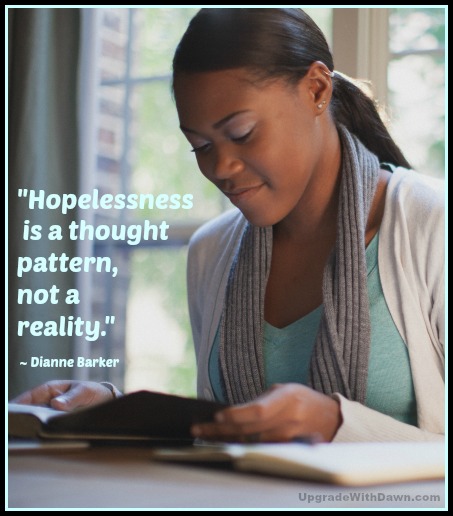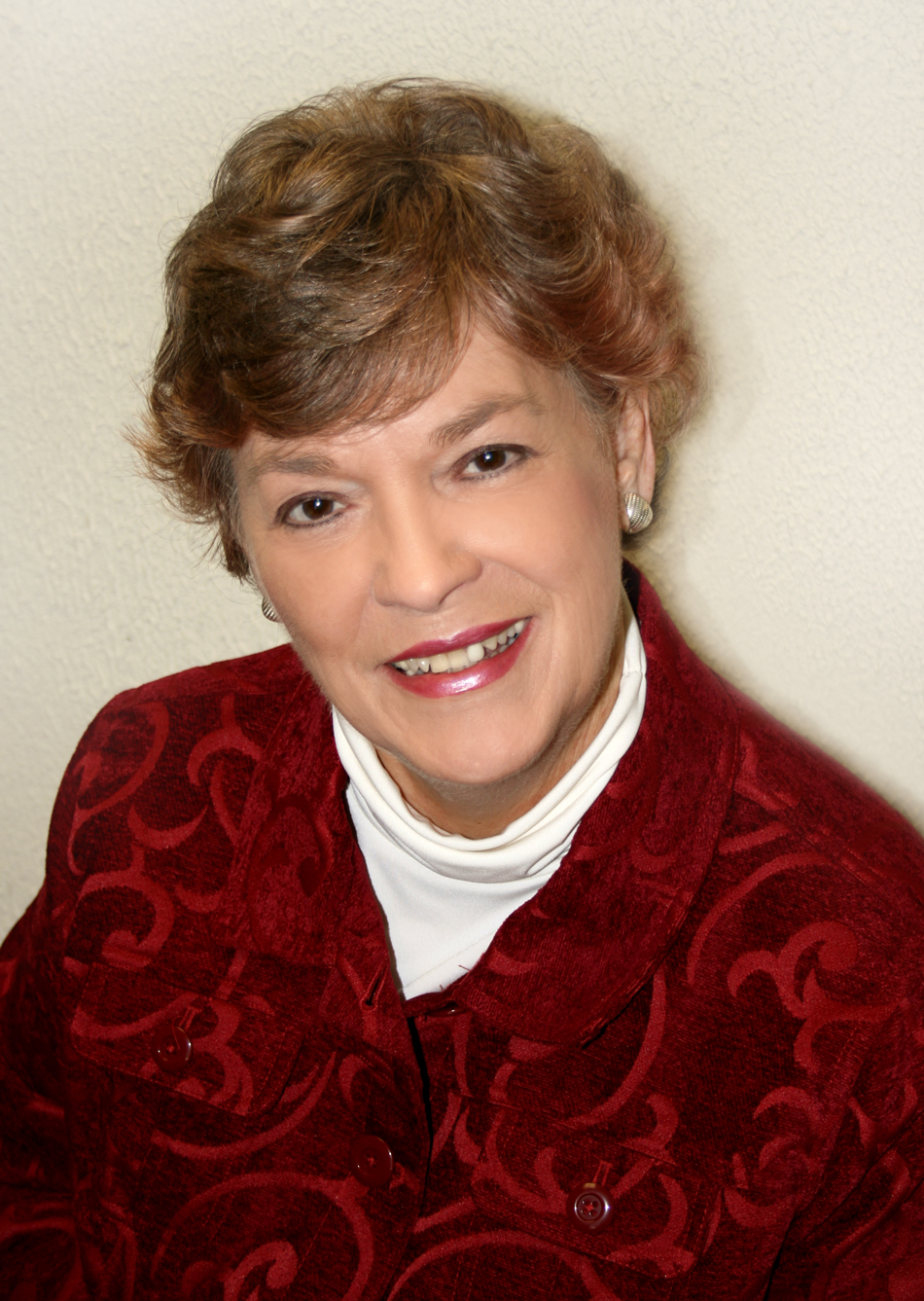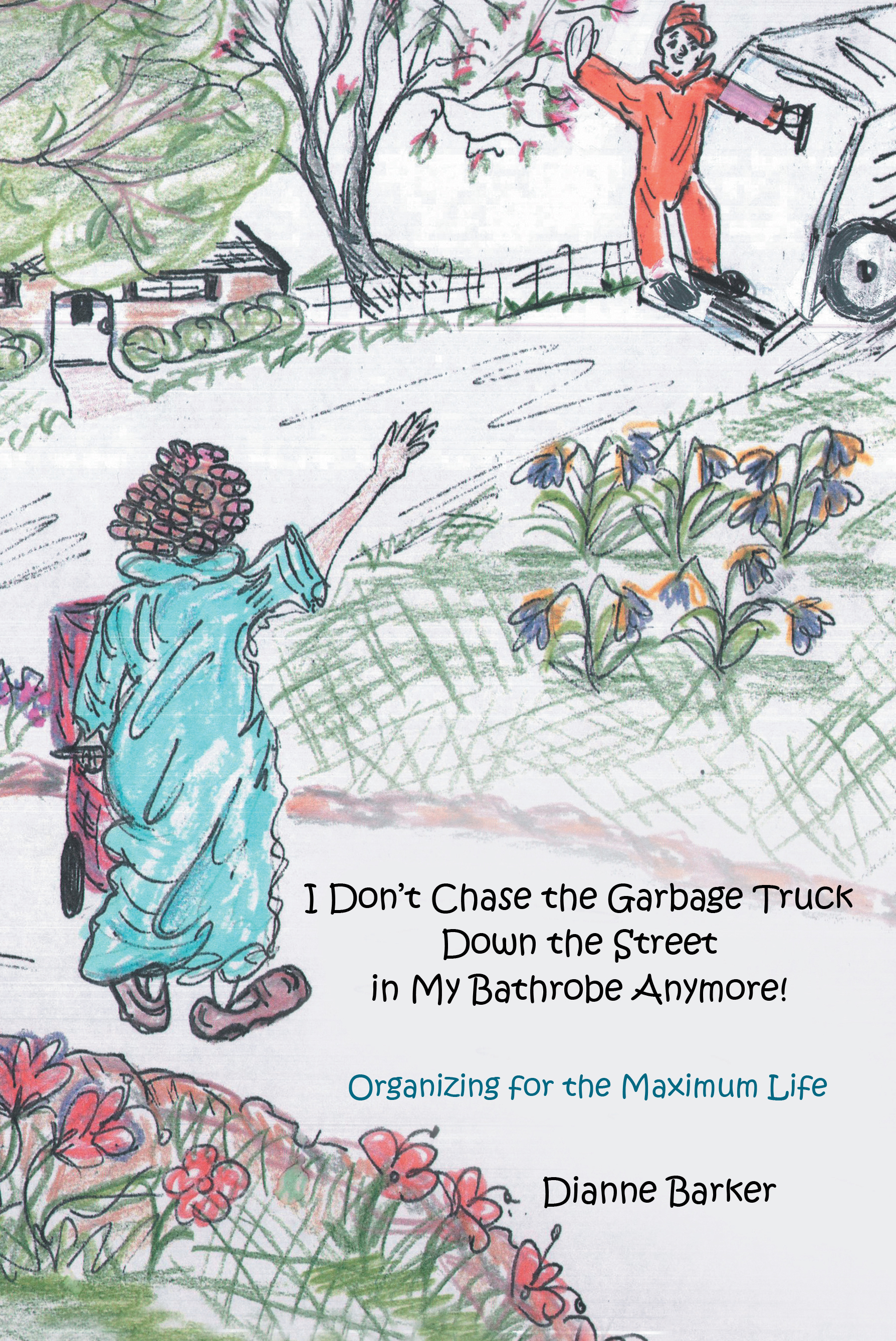Dianne Barker writes with profound simplicity, calling us to live out what we know to be true. In this  Biblical Thinking UPGRADE, she suggests two ways we can change thought patterns of hopelessness.
Biblical Thinking UPGRADE, she suggests two ways we can change thought patterns of hopelessness.
"I’d been in a slump," Dianne says. "Again."
Been there! The last time I (Dawn) was in a "slump," it was accompanied by depression, hopelessness and frustration. A slump is not a good place to be!
Dianne continues . . .
Entangled with daily cares of this life, I seemed to be drowning in hopelessness.
How will I ever finish the work God has given me to do?
Long ago, Psalm 19:14 provided a solution for my negative thoughts.
“Let the words of my mouth and the meditation of my heart be acceptable in your sight, O Lord, my rock and my redeemer.”
Putting that into practice began to satisfy my desire for a consistent inner and outer life.
But long years in hard places had drained my hope.
I felt a calling from God to write and speak, but circumstances hindered me. I didn’t seek fame and fortune. I only wanted to know when I left this earth that I’d fulfilled his purpose for me.
In 1956, Elisabeth Elliot lost her husband Jim—one of five missionaries brutally murdered after following God’s call to evangelize the savage Auca Indians in Equador. Left with a young daughter and an uncertain future, she learned God “will always give you the power to do the next thing.”
What is my next thing?
The Lord suggested I’d been in a slump because my goals were vague. Instead of worrying about finishing projects, I needed to simplify my focus: what shall I do today? I can be sure He will provide power to do it.
Another Elisabeth Elliot quote encouraged me:
“…waste no time wondering if you CAN do it. The question is simply, WILL you?
Your weakness is itself a potent claim on the divine mercy. ‘When I am weak, then I am strong’” (2 Corinthians 12:10).
Knowing I still needed direction, the Lord led me to a folder where I’d stashed notes and verses. I found this:
“Behold, the eye of the Lord is on those who fear him, on those who hope in his steadfast love, that he may deliver their soul from death and keep them alive in famine. Our soul waits for the Lord; he is our help and our shield. For our heart is glad in him, because we trust in his holy name. Let your steadfast love, O Lord, be upon us, even as we hope in you” (Psalm 33:18-22).
The words left me silent before the Lord. What more did I need to know?
- My hope is in his steadfast love.
- He is my help and my shield.
- I trust in his holy name and I am glad.
- I hope in him.
Hopelessness is a thought pattern, not a reality.
When his disciples urged him to eat, “Jesus said to them, ‘My food is to do the will of him who sent me and to accomplish his work’” (John 4:34).
On the cross, Jesus said, “It is finished” (John 19:30). How did he do it?
He prayed to his Father in heaven and obeyed. That’s a doable plan.
To finish the work He has given is my goal, too. How will I do it? Pray to my Father in heaven and obey.
He knows about the hard places. In fact, He designed them.
As for fulfilling my purpose—isn’t that God’s responsibility?
And isn’t he able to complete what He starts?
Apostle Paul said: “And I am sure of this, that he who began a good work in you will bring it to completion at the day of Jesus Christ” (Philippians 1:6).
My plan going forward: PRAY and OBEY.
What is God showing you to do today?
Dianne Barker is a speaker, radio host and author of 11 books, including the best-selling Twice 
 Pardoned and award-winning I Don’t Chase the Garbage Truck Down the Street in My Bathrobe Anymore! Organizing for the Maximum Life. She’s a member of Advanced Writers and Speakers Association, Christian Authors Network, and Christian Women in Media Association. Visit www.diannebarker.com.
Pardoned and award-winning I Don’t Chase the Garbage Truck Down the Street in My Bathrobe Anymore! Organizing for the Maximum Life. She’s a member of Advanced Writers and Speakers Association, Christian Authors Network, and Christian Women in Media Association. Visit www.diannebarker.com.
Graphic adapted, courtesy of Pearl at Pixabay.